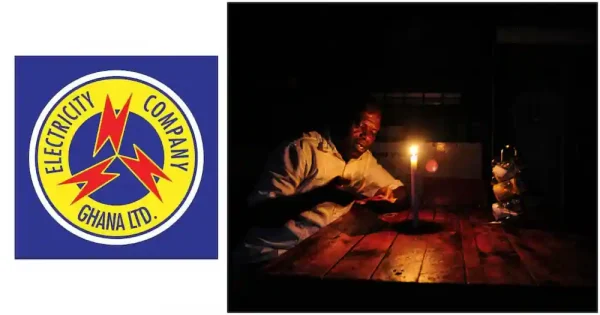Ghana’s Power Crisis Deepens as Gas Supply Curtailed over Mounting Debts
“This is a critical situation that threatens Ghana’s industrial output and economic stability,” said an energy analyst familiar with the matter. “The ripple effects are being felt across the entire power generation value chain.”
- Advertisement -
Ghana’s electricity sector is facing severe disruption as Italian energy giant ENI has significantly curtailed gas supplies to the country, exposing the deepening financial crisis in West Africa’s once-celebrated power sector.
Industry sources reveal that ENI has reduced gas flows to 170-180 million standard cubic feet per day (mmscfd), down from previous levels of 246 mmscfd, citing unpaid debts exceeding $200 million. The government has reportedly settled less than 5% of the outstanding amount, despite repeated commitments from both the Ministry of Energy and Ghana National Petroleum Corporation (GNPC).
- Advertisement -
“This is a critical situation that threatens Ghana’s industrial output and economic stability,” said an energy analyst familiar with the matter. “The ripple effects are being felt across the entire power generation value chain.”
- Advertisement -
The crisis has been compounded by technical issues at the Atuabo Gas Processing Plant, which has struggled to maintain optimal operations even after scheduled maintenance in July. Furthermore, the West African Gas Pipeline Company (WAPCo) is grappling with mounting debts of over $20 million, although it has not yet implemented supply restrictions.
- Advertisement -
Independent Power Producers (IPPs) have begun withdrawing services, forcing the state-owned Volta River Authority (VRA) to rely increasingly on standby facilities such as the KTPP plant. The situation has severely impacted the reverse flow of gas from Takoradi to Tema, which are crucial industrial zones for Ghana’s economy.
This crisis emerges as Ghana navigates broader economic challenges, including ongoing discussions with international creditors over debt restructuring. Energy sector debts have long been identified as a significant fiscal risk to the country’s economic stability.
Industry experts warn that without immediate intervention and significant financial commitments, Ghana could face more severe power supply disruptions, locally known as “dumsor” – a term that haunted the country’s economic performance in previous years.
Source:norvanreports.com
- Advertisement -


